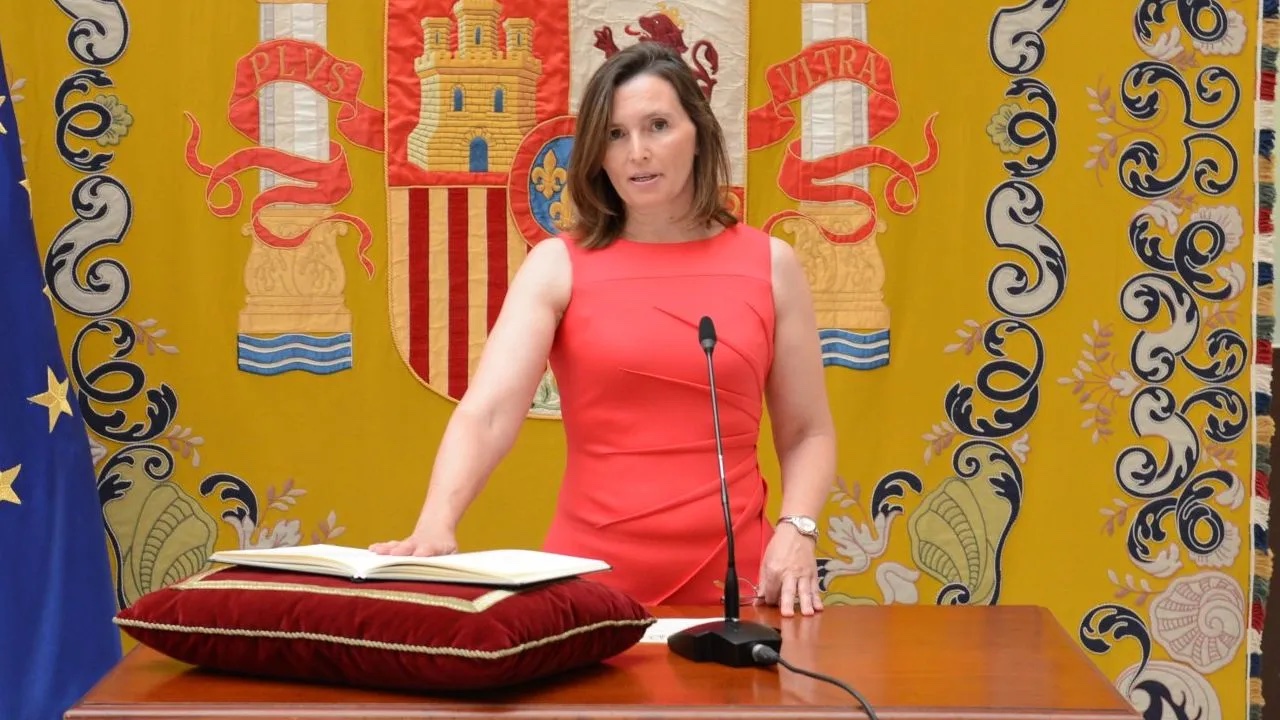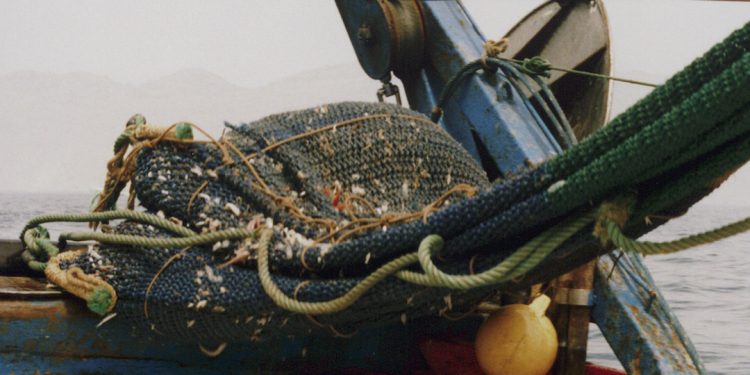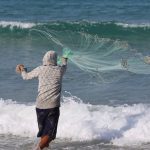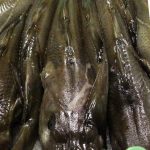The government of Spain is seeking state aid for fishermen to adapt to regulations in Mediterranean waters that set out a change on codend mesh sizes.
Despite strong lobbying by Spain, France and Italy for a freeze on measures applied to fishing vessels operating in the Mediterranean, the Council of Ministers held in December last year opted for a substantial reduction in the days at sea available. Alongside this, it also set out a swathe of measures that can be taken, providing vessel operators with opportunities to implement technical measures to reclaim those lost fishing days.

Spain’s ministry responsible for fisheries has responded by stating that it will cover the costs of replacing codends with the required larger mesh netting.
Secretary General for Fisheries Isabel Artime has held meetings with the industry and is due to hold further meetings with the directors-general for fisheries of the autonomous communities to address the outcomes of the Council of Ministers in December. Minister of Agriculture, Fisheries and Food Luis Planas is meeting regional councillors and has already announced that the measures to maintain fishing days in the Mediterranean this year would be publicly funded.
The Government will request support in the most accessible way for the sector, according to the Secretary General of Fisheries, because ‘changing the mesh sizes is the best option to recover the fishing grounds and for the fleet in the Mediterranean to continue fishing.’
In addition to the changes to codends , in 2025 the fleet will continue to be temporarily stopped, under measures financed by the European Maritime, Fisheries and Aquaculture Fund (EMFAF) for the same periods as in 2024, for both operators and crew.
Among other measures, the installation of flying doors is being promoted as a measure that will contribute to the fleet operating in a more sustainable manner, which also facilitates the reduction of fuel costs by around 30%.
Taking into account the potential loss of profitability facing some fishing ports, the Ministry has stated that it aims to work with the industry to assess possible alternatives and with the autonomous communities for proper monitoring of sales at the fish market and, where appropriate, to assess the consequences.









